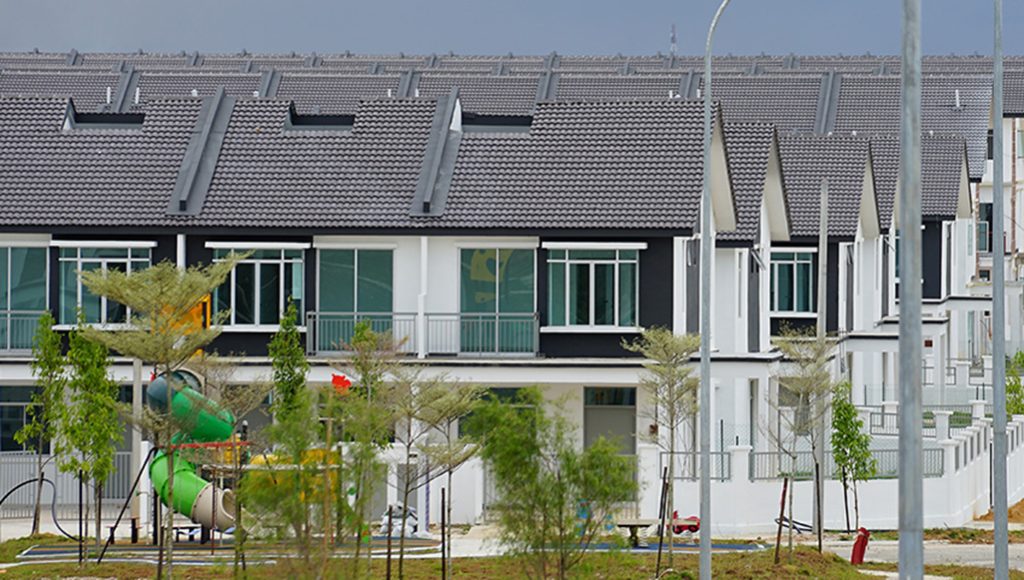Petronas Gas addresses Putra Heights pipeline incident, reaffirms system safety

KUALA LUMPUR (July 1): Petronas Gas Bhd (KL:PETGAS) said the April 1 pipeline explosion incident in Putra Heights, Selangor, is unprecedented in the history of its gas transmission system. As such, it fully recognised the public concerns surrounding the safety of the pipeline system, especially with the continuity of gas flow through the network.
In a statement on Tuesday, PetGas reiterated its ongoing commitment to full transparency, continuous improvement, as well as care for those affected.
It added that it will continue its collaboration with the special task force under the State Disaster Management Unit and relevant authorities.
“Since the incident, the company has mobilised substantial efforts to ensure public safety, support the impacted community, and maintain gas supply continuity across the country,” PetGas said, adding that it takes note of the findings released by the relevant authorities in relation to the pipeline incident.
“The Peninsular Gas Utilisation system is designed with multiple layers of safety and resilience, underpinned by over three decades of engineering and operational experience. Our systems and people are working continuously to ensure secure and reliable gas delivery to homes, industries, and the nation’s power sector.”
The fire on April 1 engulfed a 500m section of a gas pipeline and destroyed 81 homes at Putra Heights. PetGas had previously said it contributed more than RM1.2 million in aid to those whose property was lost or damaged as a result of the explosion.
On Monday, the Department of Occupational Safety and Health (DOSH) revealed that findings of the Putra Heights pipeline explosion showed that the ground beneath the pipe was not being strong enough to support the weight and pressure of the pipe, causing it to become unstable, leak and eventually explode.
The DOSH, which led the technical investigation, found that although the pipeline met technical specifications, a portion of it was inadequately supported by the underlying ground, which was soft and moist.
“This led to a physical failure in the pipeline, eventually causing a gas leak that sparked the fire,” the DOSH concluded.
The agency also clarified that the failure was not caused by surface-level activity, but rather by weak underground support that could not bear the weight and pressure of the pipeline.
In a May filing with Bursa Malaysia, PetGas estimated the total financial impact of the April 1 pipeline incident at RM170 million, with RM60 million expected to affect its profit for the financial year ending Dec 31, 2025.
The bulk of the costs will be recognised as capital expenditure, with partial coverage anticipated from insurance. The RM60 million profit impact comprises both repair-related expenses and an estimated RM20 million in revenue loss due to service disruption.
Does Malaysia have what it takes to become a Blue Zone, marked by health and longevity? Download a copy of EdgeProp’s Blueprint for Wellness to check out townships that are paving the path towards that.
Source: EdgeProp.my















POST YOUR COMMENTS